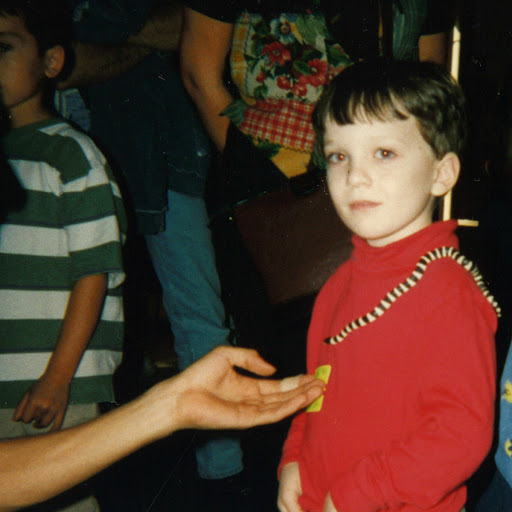
This week’s song was suggested by a reader. Thanks, Madison!
It’s back-to-school season where I live.
There’s all the excitement and nervousness that September usually brings with it, but this year there’s a strange tension in the air. It’s a tension that results from two equal and contradictory desires: pulling in one direction is the desire to get back to something approaching normal, and in the other direction is the desire to stick with the isolated safety we’ve become accustomed to over the past six months.
Everyone’s situation is different, as is everyone’s tolerance for risk. Perhaps you got back to normal months ago. Perhaps your normal is still months in the future.
Or, perhaps most likely, you’ve forged a new version of normal. You’ve modified your family’s schedule to make things work; you’ve pivoted your business to find a way to keep it afloat; you’ve patiently put your own plans on the backburner because someone else needs your help; you’ve made tough decisions because you knew they were the right decisions.
Angelo De Augustine’s 2019 album Tomb is an indie-folk record centered around perhaps the only theme that indie-folk does really well: failed relationships. Pitchfork summed it up nicely: “From desperation to self-reflection, Tomb covers the full spectrum of brokenheartedness.”
But despite the obvious comparisons to pretty much every indie-folk album released since this one, Tomb still stands out.
And the title track stands out most of all.
The lyrics – which compare a broken relationship to a tomb – work well in the context of that feeling I mentioned earlier; the isolated safety that so many of us have been relegated to since March. Living in lockdown, like living in a relationship that is past its expiry date, can lead to what you might call situational Stockholm syndrome. We don’t want to be in lockdown, but we’ve become so used to it that we might rather cling to the stability that it provides rather than risk walking into the unknown.
What makes this a beautiful song:
1. De Augustine sings every word like it might be his last.
2. The repeated ticking arpeggios in the guitar imply an anxious passing of time.
3. It’s in B-flat, but never really gives us a full B-flat chord, rooting itself instead on the F or the C. If that makes no sense to you, it doesn’t matter; but if you feel like this song has an unresolved, indecisive personality, that’s why.
Recommended listening activity:
Making a tiny drawing of someone you care about so you can secretly keep them in your pocket all day.